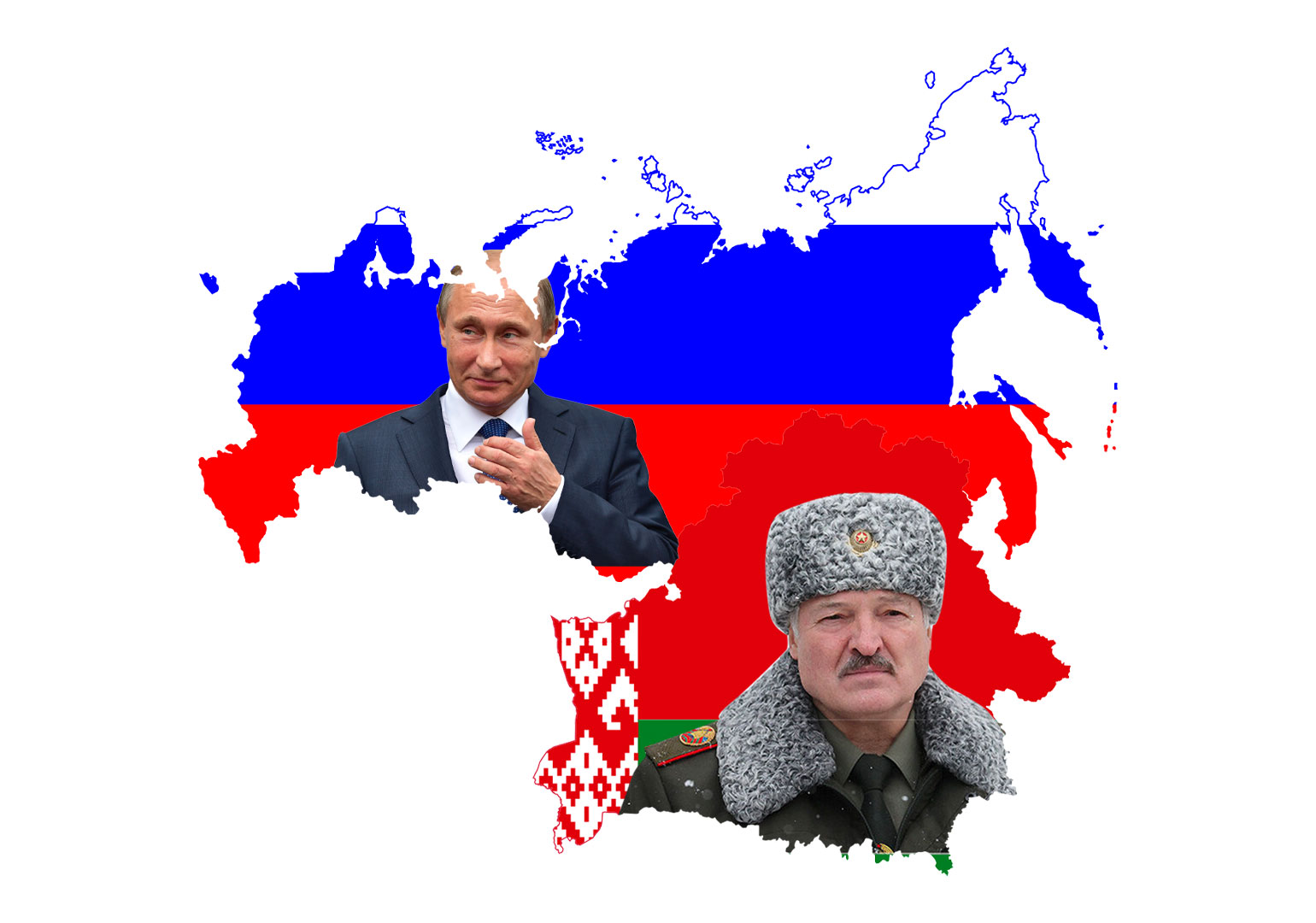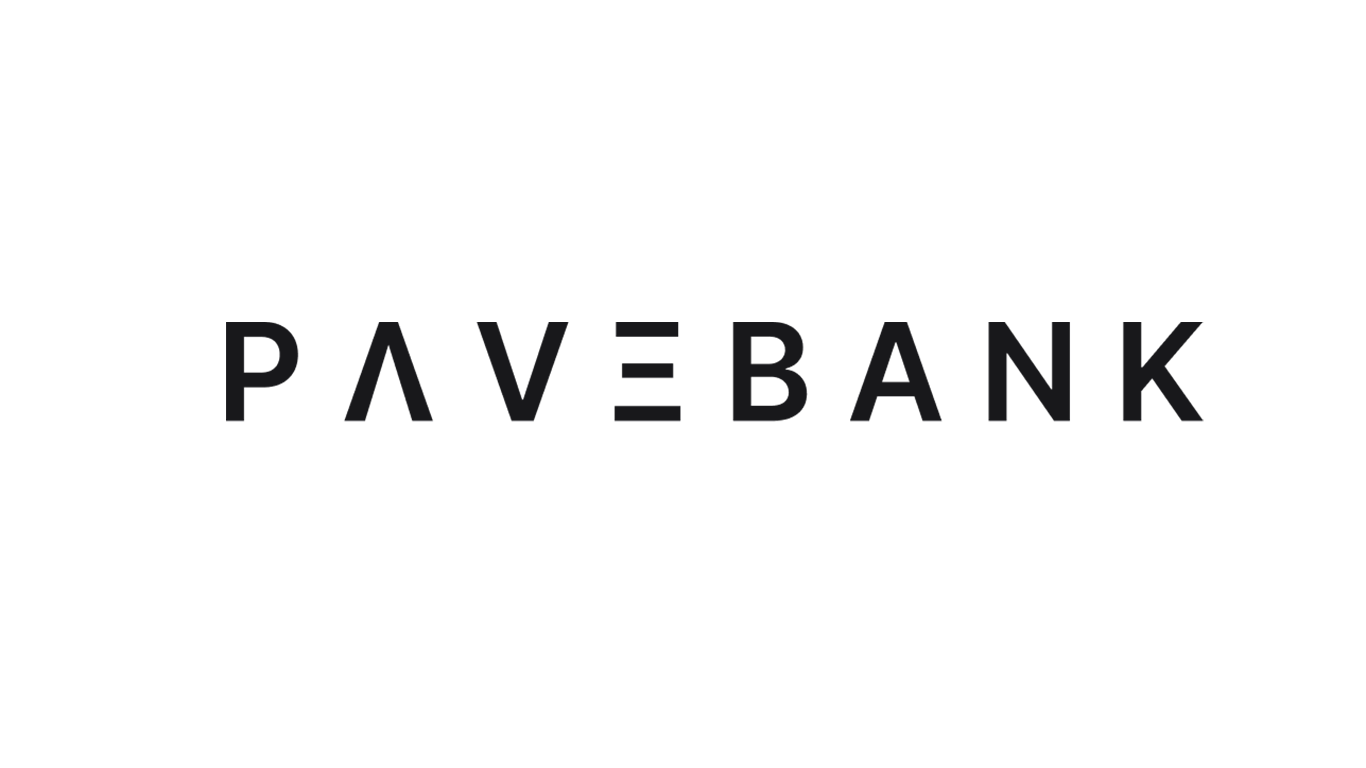It has been almost a year since the European Union and the United States enacted sanctions against Belarus due to the government’s crackdown on the protests following the country’s rigged presidential elections. Despite isolating Minsk, Western measures have not had any efficient impact as they have fallen short in ending the authoritarian regime. The Western ostracization of Belarus has pushed Lukashenko unprecedentedly closer to Moscow as Russia has expanded its economic and military leverage over Minsk. However, Russian support has come with strings attached, and the patron-client relationship which the two countries have entered has become a new opportunity for the Kremlin to garner political and economic control over Minsk and to turn Belarus into its military place d’armes. In the meantime, as the world is observing Russia’s ongoing aggression against Ukraine, important political developments have been relatively unnoticed. Belarus has recently made constitutional amendments, which might remove Belarus’s commitment to be neutral and free of nuclear weapons. In the meantime, the content of the November military doctrine agreed by Minsk and Moscow, which was made public only recently, does not forbid Russia to deploy its nuclear infrastructure to its neighbouring Belarus. These developments indicate that Europe may face even greater security threats than the current Russian invasion of Ukraine.
Part of Putin’s Russian Empire
Russia has always been a powerful economic and political partner for Belarusian President Alexander Lukashenko, supporting the current authoritarian regime for 27 years. However, the relationship between the two states has always been unstable. Belarus has never been interested in being part of ‘Ruskiy Mir’ (the Russian World) and even “flirted” with the West to antagonize Moscow. The Belarusian government even removed pro-Russian figures from the country’s security apparatus in the mid-2010s. In 2014, when Russia undertook its military campaign against Ukraine, Lukashenko remained neutral and refused to recognize Russian claims on the Crimean Peninsula. The Belarusian president emphasized that he would not permit any attacks against Ukraine from Belarus proper. Lukashenko also showed readiness to act as a mediator between Moscow and Kyiv and to host peace negotiations in Minsk to diffuse the conflict. The position of neutrality in the conflict paid off, as it boosted Lukashenko’s international image, with Minsk becoming a hub for Ukraine-Russia air traffic following the 2015 ban of all direct flights between the two states.
August 2020, however, marked the dawn of a new period, in which Lukashenko violently cracked down on nationwide protests over a rigged presidential election. The Kremlin directly assisted Lukashenko to effectively overcome months of street rallies and weather sanctions. Putin also promised the Belarusian leader military assistance if things went “out of control.” Despite such guarantees, Russian aid to Lukashenko has not come without significant consequences. Having been isolated by the West, the Belarusian dictator has had no choice but to play the game according to the Kremlin’s rules. While Lukashenko has sided with Russia, Ukraine has broadly aligned itself with the West. Over the past year, Ukrainian President Volodymyr Zelensky has become increasingly critical of Lukashenko. In July, Kyiv joined the West in restricting flights from entering the Belarusian airspace following the forced-landing of a Ryanair plane in May, an incident that has been branded as an act of “state-sponsored piracy”. In the meantime, Lukashenko has also accused Kyiv of being involved in “foreign plots” aimed at destabilising Belarus through the use of militants that had been trained in Ukraine.
A new threat
An invasion via Belarus has always been part of Ukraine’s fears. Nevertheless, the threat became real on February 24, when the Ukrainian state border service reported that along with Crimea and Russia, it was attacked through the Belarus border. Lukashenko and Russian President Vladimir Putin have conducted five rounds of negotiations on the so-called Union State, a project aimed to deepen political and economic integration between Russia and Belarus. On September 9, after the fifth meeting in 2021, a 28-point road map was introduced with the goal to bind the two countries closer together. Lukashenko expressed his interest in closer integration with Russia, even though it is apparent that the integration project dramatically limits Minsk’s independence.
On September 12, Lukashenka announced plans to deploy Russian S-400 air defence systems near northern districts of Ukraine “to protect his country’s border with Ukraine.” The statement came after Moscow held one of its largest joint exercises with Belarus on Ukraine’s northern flank in September, involving around 200 000 troops. The Belarusian dictator also highlighted that the defence system was part of a $1 billion arms package agreed upon during the September summit in Moscow, which indicated the Kremlin’s pre-war preparations.
Belarus is emerging as a next-level security threat to Ukraine and entire Europe as Russia has been effectively cementing a permanent military presence in the country as well as utilising it as a frontline in the ongoing military aggression against Ukraine. While the Russian forces have been in Belarus ostensibly for military exercises that took place near the Ukrainian border and were scheduled to wrap up on February 20, Belarus has recently announced that the estimated 30 000 Russian troops currently in the country would have a permanent presence. Additionally, considering the content of the November military doctrine agreed by Minsk and Moscow, which became known only recently, and the constitutional amendments in Belarus, there is a greater possibility of the deployment of Russian nuclear weapons to Belarus. These possible developments may have far greater implications for the West than the ongoing Russian military aggression against Ukraine.
















